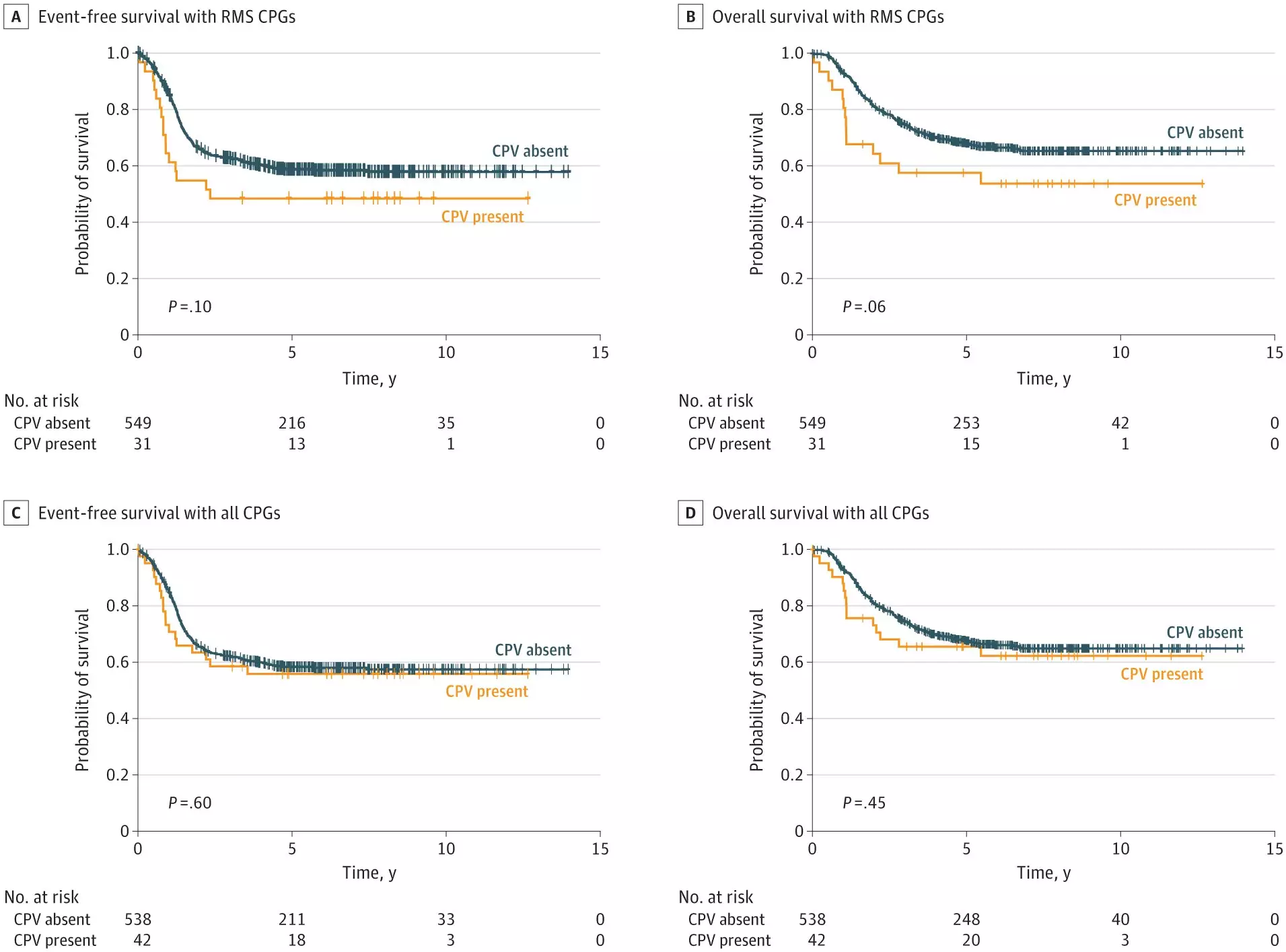When it comes to pediatric cancers, the role of germline cancer-predisposition variants (CPVs) in predicting risk is crucial. However, the association of CPVs with rhabdomyosarcoma outcomes in children has not been extensively studied. Researchers at Baylor College of Medicine have taken on this challenge by assessing the impact of germline CPVs on rhabdomyosarcoma outcomes in a group of children enrolled in Children’s Oncology Group studies. The outcomes of this research have been shared in JAMA Network Open.
The study conducted an exome association analysis involving 580 children with rhabdomyosarcoma. The presence of CPVs in genes associated with rhabdomyosarcoma was linked to more adverse outcomes. Specifically, children with embryonal rhabdomyosarcoma and CPVs in genes like TP53 or HRAS experienced particularly poor outcomes. What sets this research apart is the revelation that these outcomes were not influenced by secondary malignancies, challenging existing beliefs in the field.
Another significant discovery from the study was the identification of a subset of individuals with CPVs who were previously unknown to have poor outcomes. Children with fusion-negative rhabdomyosarcoma and CPVs exhibited outcomes similar to those with no CPVs but fusion-positive rhabdomyosarcoma, a subtype with known poor prognosis. These findings underscore the importance of germline testing for CPVs among children with rhabdomyosarcoma, providing critical information for early clinical surveillance and family member testing.
The implications of this research go beyond the lab, as it has the potential to enhance clinical guidelines for children diagnosed with rhabdomyosarcoma and their families. Dr. Bailey Martin-Giacalone, the first author of the study, expressed hope that the findings would spark discussions on improving survival rates for children facing a cancer diagnosis. By incorporating germline testing for CPVs into the standard of care for rhabdomyosarcoma, clinicians can better tailor surveillance strategies and improve outcomes for young patients.
The impact of germline cancer-predisposition variants on pediatric rhabdomyosarcoma outcomes is a promising area of research that could revolutionize how we approach risk assessment and management in this population. By identifying high-risk individuals through genetic testing, we can take proactive steps towards improving outcomes and providing targeted care for children battling rhabdomyosarcoma.

